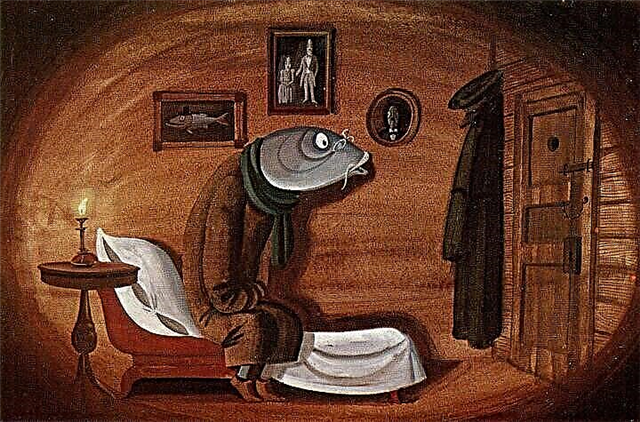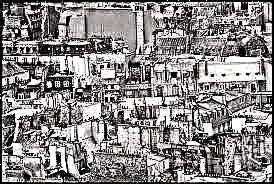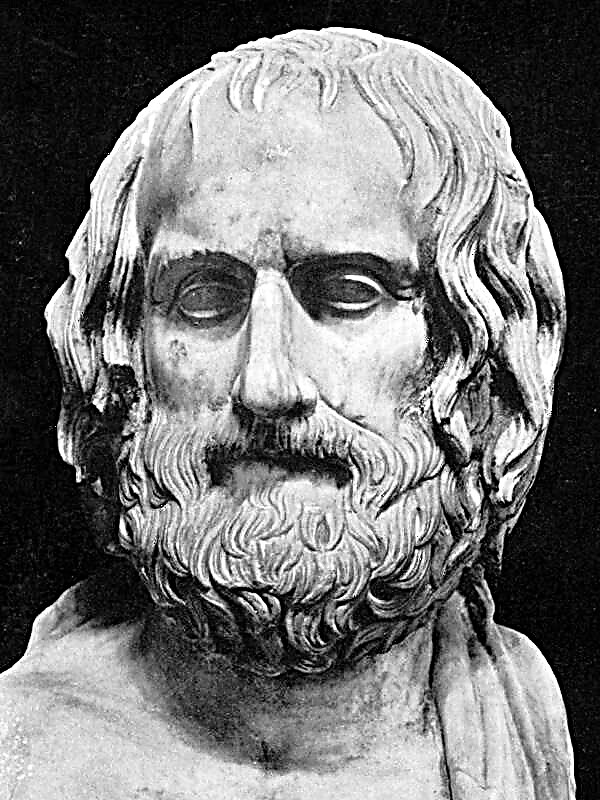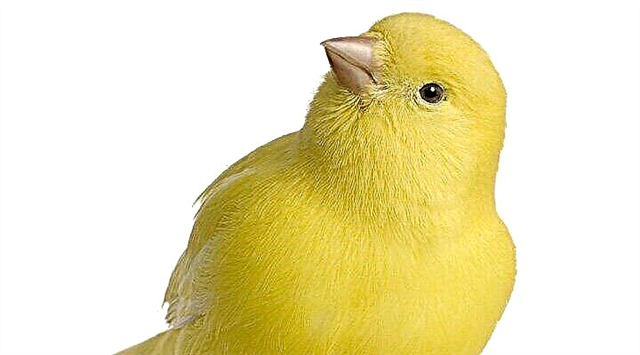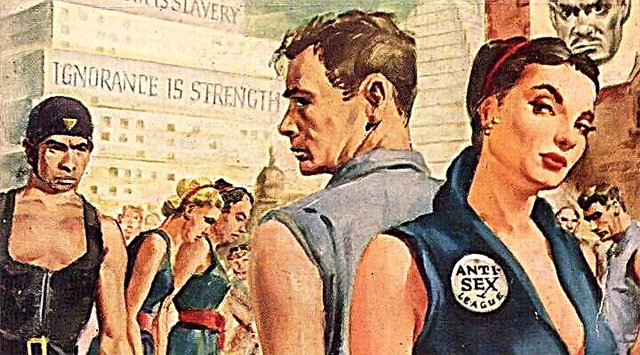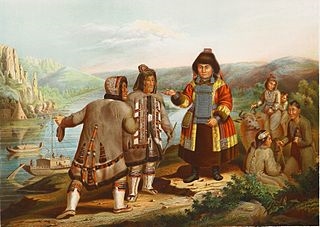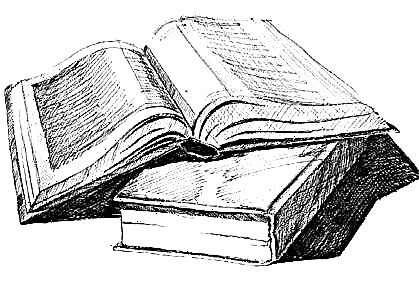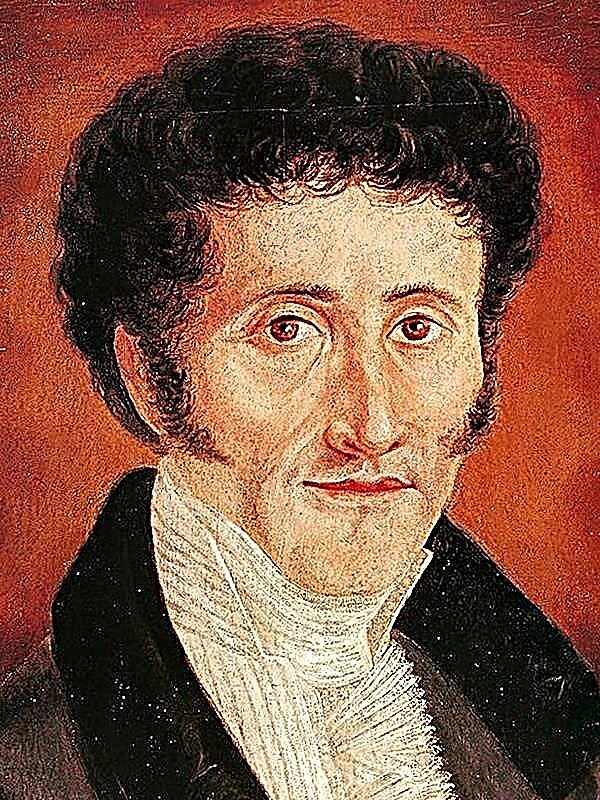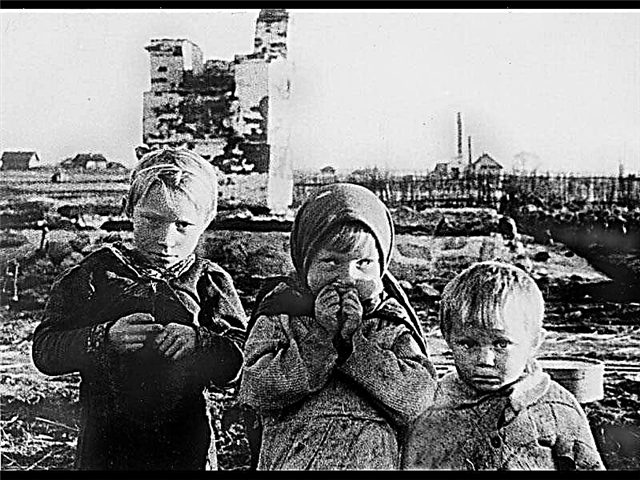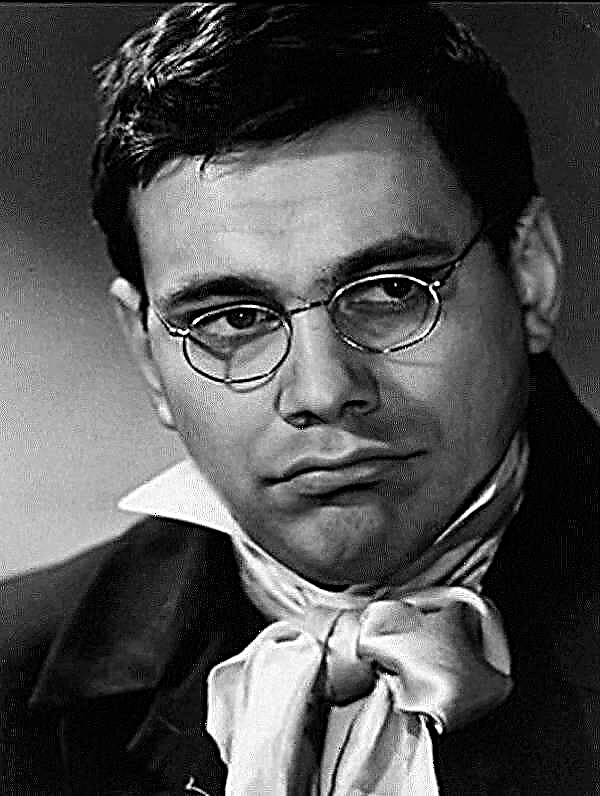Maksimova with Stashevsky, Alexei and Winkler drove into this port a fierce autumn storm. Young people lived in a crappy hotel full of sailors and prostitutes, spent time in cheap taverns. Stashevsky smashed Russian literature, argued with Alexei about the fate of Russia. They recalled the recently deceased Oscar. The old man taught them German at the gymnasium, but devoted his leisure time to music and often said: “Wander, be tramps, write poetry, love women ...”
Once in a Greek coffee house, Maximov, having already thoroughly tasted the Santurin and buttery “mastic,” suddenly told the fair-haired beauty at the next table that she was beautiful, and set his glass next to it: “Let's change!” “You did not recognize me?” She asked. It was Hatice. Maximov met her a few years ago on vacation. She studied in the sixth grade of a gymnasium. He lied to her about steamboats, sailors and Alexandria - about everything that he writes about now. Hatice was born in Bakhchisarai, but was Russian. People around her called her a Tatar name in childhood. After high school, she lived in Paris, studied at the Sorbonne. Here she is visiting relatives and hopes that now they will often see each other. After several meetings, Maximov and Hatice spent the evening in the company of his friends. There was music, poetry, “a hymn of four”, “their” hymn: “We have life from the tavern to the sea, From the sea to new ports” ... Stashevsky said that now it is “a hymn of five”. On the way home, the girl admitted that she loves Maximov. From that moment on, a feeling of strength did not leave him. Love filled with meaning all in and around.
Very different moods owned Winkler. It suddenly seemed to him insignificant everything with which they lived, despising the ordinary. He even smeared with black paint his paintings awaiting completion.
Upon returning home, Maximov wrote to Khatija about his insatiable thirst for life, about what he now finds in everything taste and smell. A week later, the answer came: "The same is now with me."
Correspondence continued when he left for Moscow. I thought that the yearning for Hatice would become sharper and help write: he suffered little to become a writer. In Moscow, the book (he called it “Life”) was drawing to a close; it was getting settled in a strange city for the southerner. Newspaper theater critic Semenov introduced him to his family, to his sister Natasha, a young actress who madly liked Maximov’s stories about his wanderings, about southern cities, and about the sea. The girl was beautiful, unexpected in her actions and masterful. While walking on a boat on the Moscow River, she asked for a volume of Wilde, which Maximov took with him, flipped through and threw overboard. A minute later I apologized. He replied that there was no need to apologize, although the book still contained an unread letter to Hatice.
Soon they went together to Arkhangelsk. In a letter to Khatija he wrote: "I am in cold Arkhangelsk with a wonderful girl ... I love you and her ..."
In the midst of summer, Maximov gathered in Sevastopol, where Khatija moved, running away from longing. Saying goodbye to Natasha, he said that there is she and Hatice, without whom he is lonely, and from Natasha's head is spinning, but they should not live together: she will take all his mental strength. Instead of answering, Natasha pulled him to her.
In Simferopol, Maximov was met by Winkler. He took him to Bakhchisarai, where he was waiting for Hatice. Maximov told her about Moscow, about Natasha. She promised not to remember everything she learned.
A terrible thing happened in Sevastopol. Winkler committed suicide. Recently, he drank a lot, scandal over the prostitute Nastya, like two drops similar to Hatice. A Moscow acquaintance, Seredinsky, invited Maximov and Hatice to the cottage. From there, the whole company was supposed to move to Chetyr-Dag. But a telegram arrived: Natasha is waiting in Yalta. Maximov was going to meet her and promised in a day to join already in Chetyr-Dag. Late at night, she and Natasha were in place. Hatice shook her hand, and when everyone lay down on the floor, she covered her with her shawl. In the morning they talked for a long time in private. Maximov was confused: to stay or leave with Natasha. But she is one of those whose love kills life, measured. All this is unsolvable. Whatever happens. Hatice helped: you will have many falls and ups, but I will stay with you, we have one goal - creativity.
However, life, love, and creativity were all crumpled by the First World War, which began that fall. Maximov was at the front in the sanitary detachment. New wanderings began. Among the dirt, blood, sewage and increasing bitterness. A sense of the death of European culture was born. Maximov wrote to Khatija and Natasha, waiting for letters from them. I managed to meet with Alexei. He said that Stashevsky at the front and received George. News came from Semenov that Natasha had gone to the front, hoping to find Maximov. The occasion helped them see each other. She asked him to save himself: a writer should give joy to hundreds of people.
However, fate again swept them. Again, there is only death, suffering, crap trenches and bitterness. New thoughts were born that there is nothing higher than love, the affinity of people.
Having got into the infirmary by wound, Maximov tried to write, but quit: who needs it? Something died in him. A telegram came from Semenov: Natasha died - typhus. Barely recovering, Maximov went to Moscow. Semenov was not at home, but on the table was an envelope in the name of Maximov. Now dead, Natasha wrote to him about her love.
A week later, Khatija arrived near Tula, in the infirmary, where Maximov was lying. But he was not there already. Without recuperation, he rushed near Minsk, to the place where Natasha died in a dirty house. From there, he was going to run south to Hatice, so that she taught him not to remember anything. At that time, she went to the Moscow train and thought: “Maximov will not die, he does not dare to die - life is just beginning.”

